Bath Ales has fallen into the red despite revenues increasing 7% to £15.6m, with strong demand for bottles of its flagship Gem amber ale at the supermarkets helping fuel growth.
The brewery, which has 11 pubs across the South West, slipped to pre-tax losses of £176k in the year to 31 August 2015, down from profits of £80k, because of one-off costs related to board changes and investment across its estate, according to newly published accounts.
Bath sells its beer through its own sites, in pubs nationally, at Sainsbury’s, Tesco, Asda, Morrisons and Waitrose, and in wholesalers, as well as brewing for other breweries and small restaurant groups.
MD Roger Jones said Gem was its best-performing product in the grocers, helping drive bottled beer sales up 17% in the calendar year of 2015.
“Even after some retailers reduced the number of beers on offer, Gem still maintained great distribution and, given the strong consumer appeal and high level of recognition, it has a really good rate of sale,” he added.
“More generally we look to have a balanced approach and participate in every sector that makes sense on the terms that build our resilience. The multiple grocers are more a volume opportunity as margins are keen.”
Underlying growth came from the brewing operations increasing barrelage of the kegs and bottled products, with brewing increasing by 12% and packaging by 7%.
Bath is set to return to profitability in 2015/16 as the top line continued to grow ahead of the past year, changes in management took effect and one-off costs were eliminated, Jones said. “We are looking strong for the next trading period,” he added.
The brewer, which celebrated its 20th anniversary in 2015, has grown rapidly in recent years – making The Grocer Fast50 in 2014 after recording a two-year compound annual growth rate of 34%. This slowed in 2014/15 as increasing competition from other brewers put “downward pressure” on Bath.
Jones said the investment would enable an improvement in efficiencies in all areas and, with a focus on production, help attract new business, but the living wage and auto-enrolment pension schemes continued to put pressure on costs.
He added there was increased demand for its beer overseas – which currently contributes less than £200k to turnover – including in China where volumes “may prove exceptional” in due course.








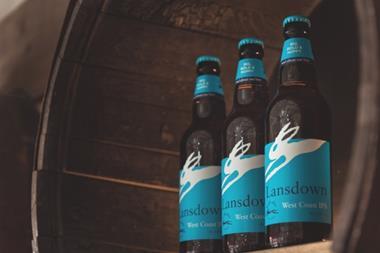
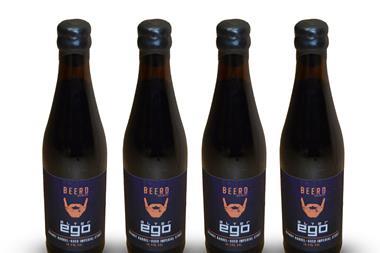
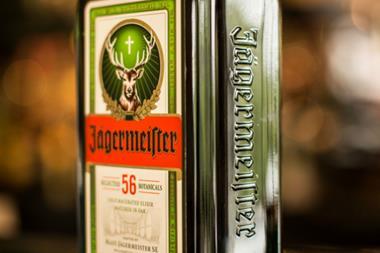

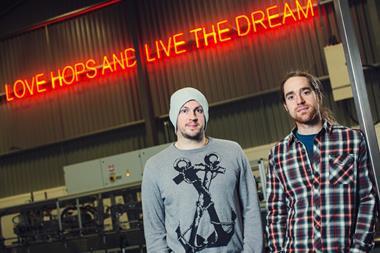
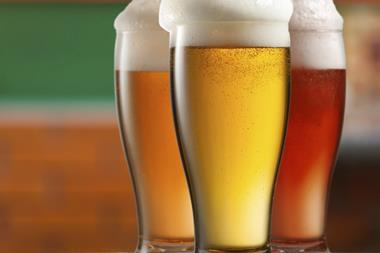
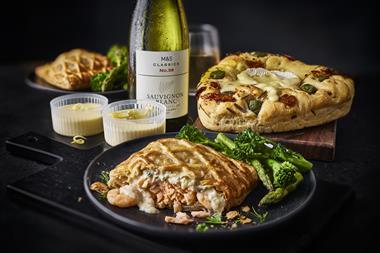





No comments yet